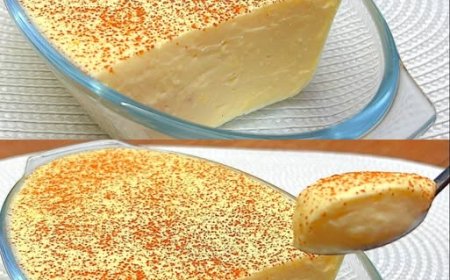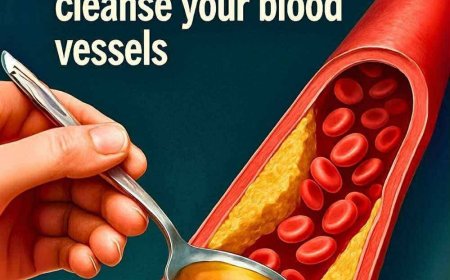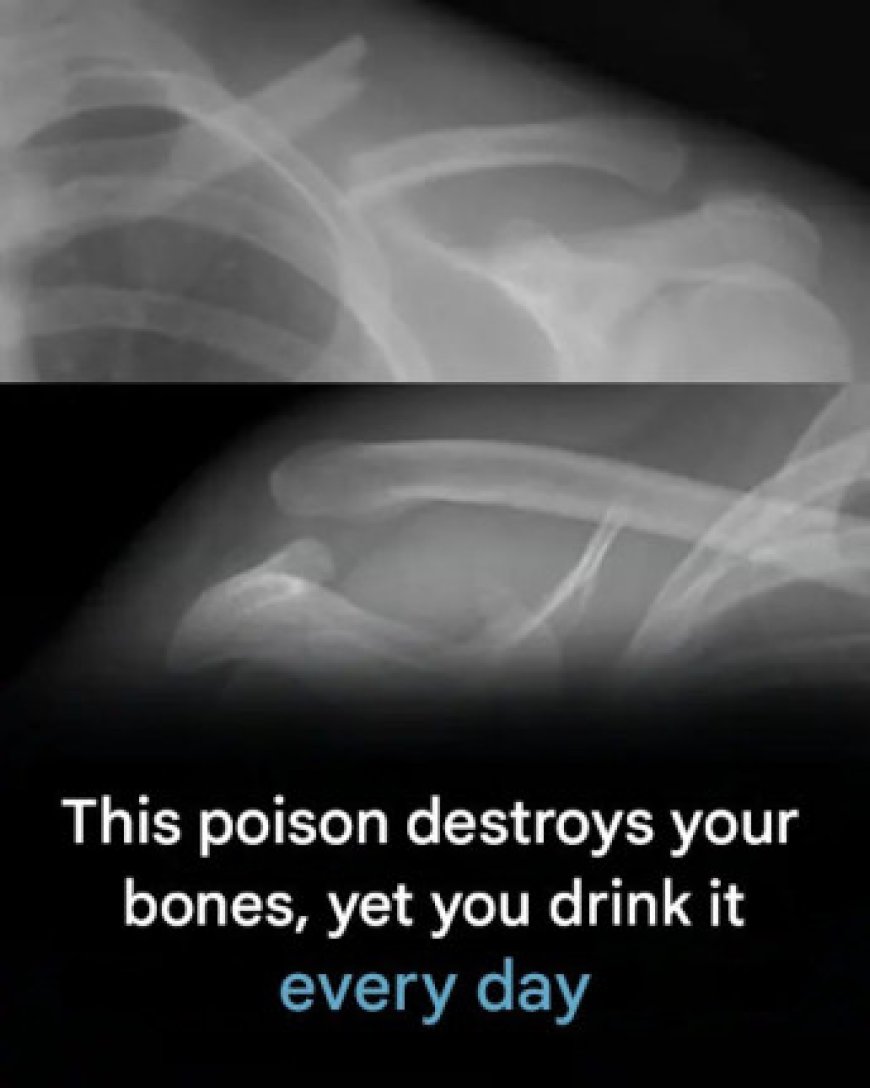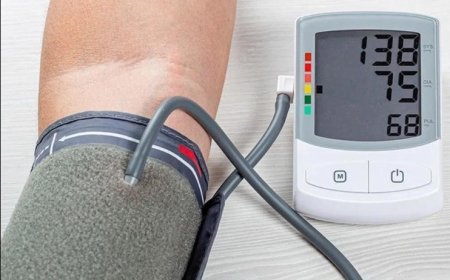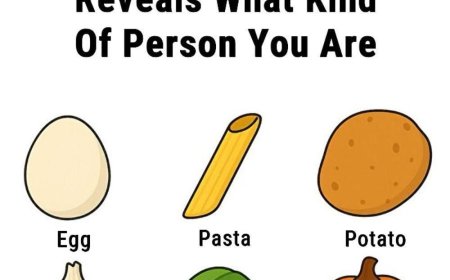This drink is ruining your bones from the inside out, yet everyone is drinking it.
It’s bubbly, sweet, and instantly refreshing — the kind of drink that evokes carefree memories of childhood picnics and cozy afternoons with friends. Yet behind its cheerful fizz lies a troubling truth: that same soda millions enjoy every day may quietly be harming your body from the inside out. While its sugar-laden sparkle might seem harmless, science increasingly shows that regular soda consumption can have lasting effects on everything from your bones and teeth to your liver and heart.
2.
What makes soda so deceptive is its easy accessibility and addictive sweetness. A single can may not seem like much, but over time, those hidden sugars, acids, and chemical additives take their toll. From weakening bone density and eroding tooth enamel to disrupting blood sugar balance and overloading the liver, the damage often builds slowly — unnoticed until it becomes a serious health issue.
Understanding what’s really inside that fizzy favorite is the first step toward making better choices. With a few smart swaps and a little awareness, you can still enjoy the refreshment you crave — just without the long-term cost to your health.
This drink is ruining your bones from the inside out, yet everyone is drinking it.
It’s sparkling,
it’s refreshing, and it sometimes evokes memories of childhood or gourmet breaks with friends. Yet, behind its bubbles and sweet taste, soda may well be a somewhat overly present guest in our daily lives. Are you used to drinking it regularly? Here’s why it might be time to slow down…
Liquid sugar: a trap for the figure
We all know that sodas are full of added sugars . And unlike solid foods, these sugars in liquid form don’t send the right signals to our brains to tell us that we’ve eaten enough. As a result, we continue to consume calories, without feeling full. In the long run, this can contribute to gradual weight gain , even without obvious overeating. And if you thought a soda a day couldn’t hurt, research shows that just that small can a day can significantly increase the risk of obesity.
Bone fragility: what we too often forget
It’s a little-known fact: sodas, especially colas, can impact the strength of our bones. Not directly because of any particular ingredient, but rather because they replace other calcium-rich beverages, such as milk or calcium-fortified plant-based drinks . In teens and young adults, this substitution can hinder the building of strong bones. And in adults, it can contribute to increased bone fragility over the long term .
Blood sugar roller coaster: watch out for hidden sugar
Do you sometimes feel a little tired after lunch? If you pair it with a soda, it might be for good reason. Sugary drinks cause a sudden spike in blood sugar, followed by a rapid drop, hence the feeling of being sluggish. This repeated phenomenon also increases insulin resistance, opening the door to an increased risk of type 2 diabetes. In short : soda doesn’t give you sustained energy—quite the opposite.
Overloaded Liver: When Sugar Builds Up
Fructose, which is abundant in sodas, is metabolized by the liver. Excessive consumption can lead to a buildup of fat in this organ, leading to what is called “hepatic steatosis ,” a form of liver overload that can progress to more serious problems if left untreated. And the most worrying thing is that this process can go unnoticed for years.
Teeth in distress: acid attacks
When it comes to smiling, sodas aren’t our enamel’s best friend either. Phosphoric acid, carbonic acid, sugars… the cocktail is formidable for teeth. Over time, enamel erodes, cavities set in, and visits to the dentist increase. A simple gesture like drinking through a straw or rinsing your mouth after consumption can limit the damage, but the best thing to do is to reduce the frequency.
And the heart in all this?
We don’t necessarily think about it, but regular soda consumption is also linked to an increased risk of cardiovascular problems. One can a day could be enough to increase blood pressure and “bad” cholesterol levels . In the long term, this promotes heart Tap the p.hoto to v.iew the full r.ecipe.

